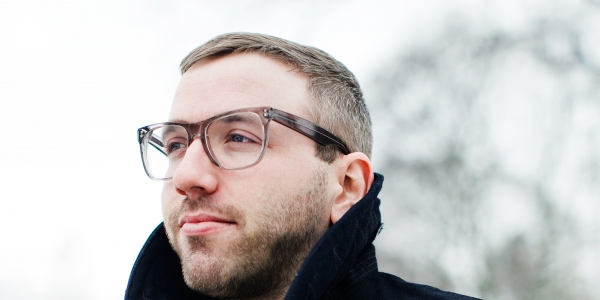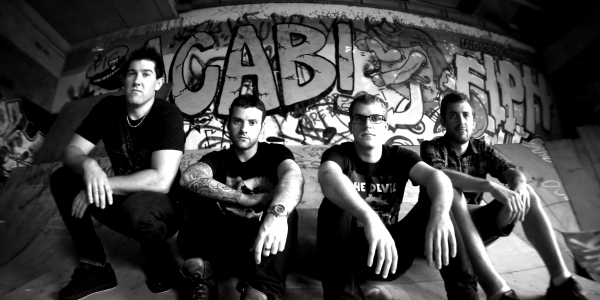Indeed, while the gifted vocalist has transitioned into the kind of artist that makes cameos on US soap operas, so has his songwriting has shed all but the vaguest remnants of that guarded and melancholic austerity that delivered him to us not a handful of albums ago. On the eve of the release of what is poised to be Green’s most gilded triumph – both critically and commercially – the fact that the forthcoming Little Hell isn’t anything we expected it to be seems only fitting.
Of course, the title of the record is enough to suggest there are some lingering threads from the first two records. But, on the other hand, the first single from the album, a song appropriately titled Fragile Birds, boasts a bass line from a “dirty, fuzzed-out” electric organ that’s quite literally something you could dance to.
That in itself has had tongues wagging, as the inevitable fallout and shifting fanbases that nearly always follow on from making such changes rears its ugly head – not that Green “could care less”.
“I think that what happens a lot of times is that people forget that they’ve grown as well,” he says. “When you hear the new record of a band that you love, you want that band to sound exactly like they did when they put out that first record that made so much sense to you. But then you also forget that you’re in a different headspace, just like they are. You’ve grown as a person to.”
But there were a few subtle hints for astute enthusiasts. In retrospect, everything that Little Hell promises to be was on show only a few months ago when City & Colour delivered a select few of the new songs for Australian audiences – an experience that Green seems to genuinely rate among his all-time favourite performances.
“I know everyone says that, but I genuinely mean it,” he confirms.
“The crowd was so respectful and interested in the music – and interested in making it a moment between us and them,” he continues, his words as good as any this writer could use to describe the visceral potential of Little Hell. “It’s fun to take songs and give them a different feeling live. I think that is what’s still fun about live music – you can jam on stuff or just approach songs differently and it can just be that – it can just be that moment.”
There are though a few things carried over from 2008’s Bring Me Your Love. Green and his team, including a now pretty solid band of supporting musicians, decked out the same converted church in Hamilton in order to do the album “100% analogue” – something that seems to be high on Green’s priorities of late.
“If you want to compare the idea of the stripped-down organic nature of those old songs, where it was just people in a room in front of some microphones playing – it wasn’t all about processors and auto-tune and ‘we’ll fix it later with the computer’,” he says, explaining just a few of the reasons why he elected to record the album on tape with renowned master-of-the-medium, New York-based Alex Newport. “That’s what I’m leaning towards these days.”
“I’m a huge fan of the whole blues thing, you know,” he qualifies. “I appreciate like the bluegrass stuff and all that but I’m a much bigger fan of like pre-war blues, where the whole process was just a bunch of people in a room playing music – and that’s what you hear on the records. You feel like you’re in the room with them.”
By Chris Driver

